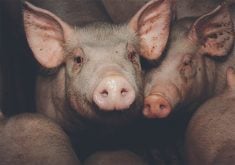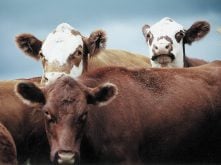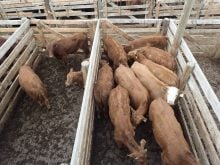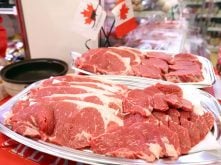WILLIAMS LAKE, B.C. – Consolidation in the Canadian beef business has escalated in the last five years and producers want to know who controls their cattle and who is profiting from them.Delegates at the British Columbia Cattlemen’s Association annual meeting in Williams Lake May 28-29 passed two resolutions dealing with packer ownership of feedlot cattle and the impacts of having few large federally inspected slaughter facilities in Canada.“The issue is being addressed,” said Dennis Laycraft, executive vice-president of the Canadian Cattlemen’s Association.A University of Calgary study is currently examining the extent of packer owned cattle, packing monopoly and overall market power in the beef production chain.“We will be publishing more information on that and we are exploring other ways to capture more information in terms of what the actual numbers are in cattle owned by the various packers,” he said.A similar study was completed about five years ago and did not find serious price discounting, but considerable change has occurred since then, said a Canfax report.Since 2006, Cargill Meat Solutions purchased Better Beef in Ontario, Ranchers Beef at Calgary, Natural Valley Meats in Saskatchewan and Quebec-based Billette, and Genor closed. Tyson Foods sold Lakeside Packers at Brooks to XL Foods, which also closed its Moose Jaw plant.In addition, the study will examine the changes in markets since the U.S. border reopened to live cattle, as well as the impacts of mandatory country-of-origin labelling.The study will also look at the effectiveness of legislation like the U.S. Packers and Stockyards Act and see if such controls could work in Canada.Other legislation might cover restriction of marketing agreements and mandatory price reporting legislation.
Read Also
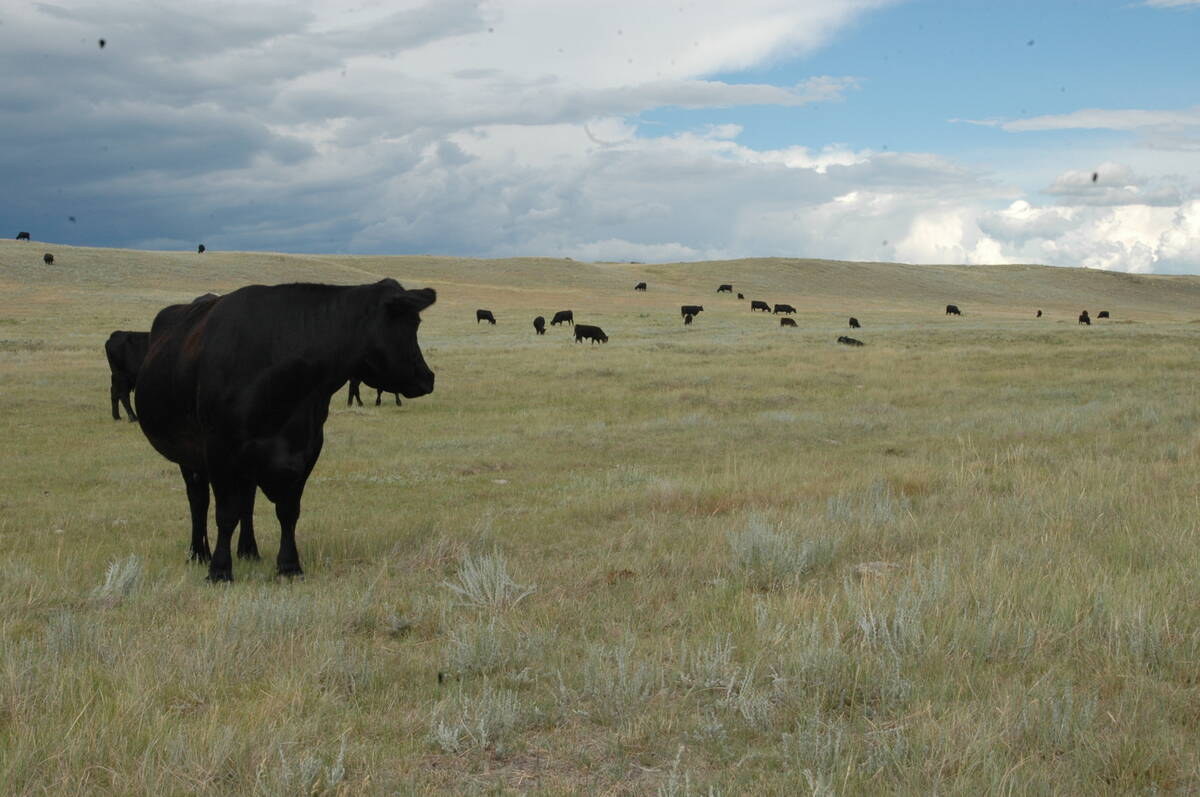
Saskatchewan Cattle Association struggles with lower marketings
This year’s change in the provincial checkoff has allowed the Saskatchewan Cattle Association to breathe a little easier when it comes to finances.




